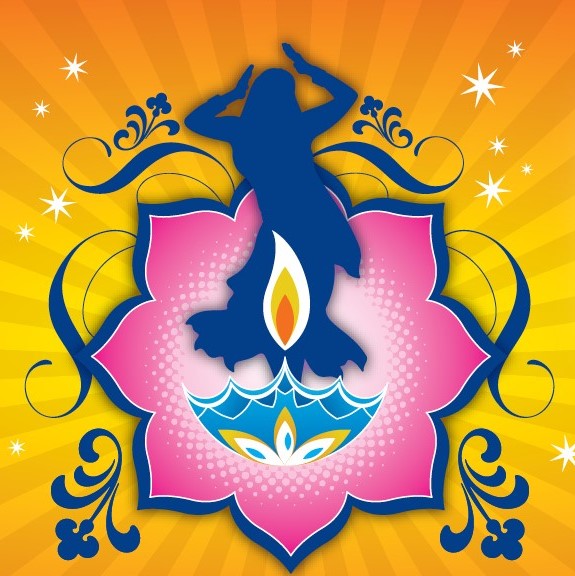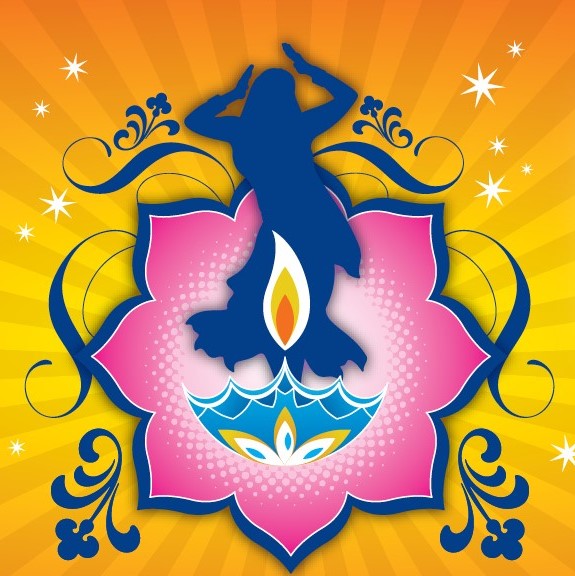Health Care
India Desk at Amstelland Hospital
The staff of the India Desk at Amstelland Hospital aims to support Indian expats with their health and medical concerns, and guide them to the appropriate department and medical practices. The Indian desk is digital through email.
Having health issues is never a pleasant experience, and especially not when living abroad where one is less familiar to the practices in place. The India Desk aim to ease the transition and help Indian expats become better aquainted to the medical culture in the Netherlands.
Visit the FAQ page for general information about Amstelland Hospital and the Dutch health care system. Feel free to email the India Desk at indiadesk@zha.nl.
The India Desk is a joint initiative of amsterdam inbusiness and Amstelland Hospital (Ziekenhuis Amstelland).
General Practitioner (huisarts)
Everyone living in the Netherlands should be signed up at a General Practitioner (GP).
The GP (huisarts) is the first port of call if you have health problems. Doctors have their practices in residential areas and operate on an appointment system. If necessary, the doctor will refer patients to a specialist at a hospital.
Find doctors in your area using the website www.zorgkaartnederland.nl (fill in your postcode in the second text box and click zoek).
For medical treatment outside of business hours (including weekends and public holidays) contact 'Huisartsenposten Amstserdam' on 088 0030600. For more information log onto: http://www.huisartsenpostenamsterdam.nl/english-summary/
Dentist
It is common practice in the Netherlands to visit a dentist (tandarts) once or twice a year for a check-up (controle).
To find a dentist in your area you could ask friends, neighbours or the family GP to recommend one. Alternatively, consult the Yellow Pages (Gouden Gids) for dentists, orthodontists and dental hygienists. Then, simply telephone a dentist and ask to join his or her patient list. The municipality can provide more information and perhaps the names of dentists who speak your language.
Baby Boom
There is a baby boom for Bridging the Gap community. The question always arises amongest our members - what are the traditions to annouce a birth? What are some of my parental rights?
We thought let's give a small explaination of how the Dutch make their joyous annoucement to make life easier for you should you need to do the same:
-
Birth annoucement card (geboortekaartjes)
That's right you send out a birth annoucement card to all your friends and relatives to announce the birth your little bundle of joy. You usually add when the baby was born, weight and name of the baby.
-
Baby decoration
This isn't neccessary mandatory but it's appreciate when the front of your house is decorated with either balloons or a stork. If anything it just makes you feel special. -
'Beschuit met muisjes'
It is also a custom to serve all the visitors who come to meet the newborn baby the so-called "beschuit met muisjes". "Beschuit" is Dutch rusk and "muisjes" (literally: little mice) are little aniseeds covered with a thin layer of sugar: in case of a boy they're blue and white, and in case of a girl they're of course pink and white. The father will also treat his colleagues to "beschuit met muisjes".
Just some extra information in regards to Maternity & Parental leave here in the Netherlands.
Maternity Leave:
If you work in the Netherlands and are pregnant, you will be entitled to 16 weeks' paid leave around the expected date of delivery. During this period, your wages will be paid in the form of a benefit. The UWV will pay the benefit to you or, if you are employed, to your employer.
Leave before and after the delivery
You can start taking leave between 4 and 6 weeks before the expected date of delivery. This is called pregnancy leave. After the delivery, you have another 10 to 12 weeks' leave. This is called maternity leave.
If you fall ill before you can start taking leave, the pregnancy leave will start on the day you call in sick.
Parental leave (ouderschapsverlof)
You are entitled to parental leave when you have been working for the same employer for at least one year and are caring for a child that is younger than eight.
Both parents are entitled to parental leave. If you have more children, you are entitled to parental leave for each child separately. You are also entitled to parental leave for your adopted children, foster children or stepchildren, provided the child is living with you. Your parental leave is entitled to up to 26 times your weekly working hours. The normal arrangement is that for six months you work half of your normal hours. For example, if you work 32 hours per week, then for six months you will work 16 hours per week together with taking 16 hours parental leave per week. Parental leave is an unpaid leave.
Paternity leave (vaderschapsverlof)
After your partner has given birth you are entitled to up to two days of paternity leave. Paternity leave is a paid leave.
-
 No more festivals
No more festivals
View details -






















